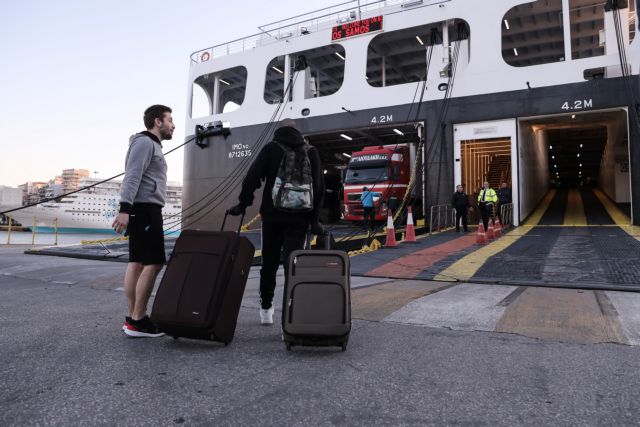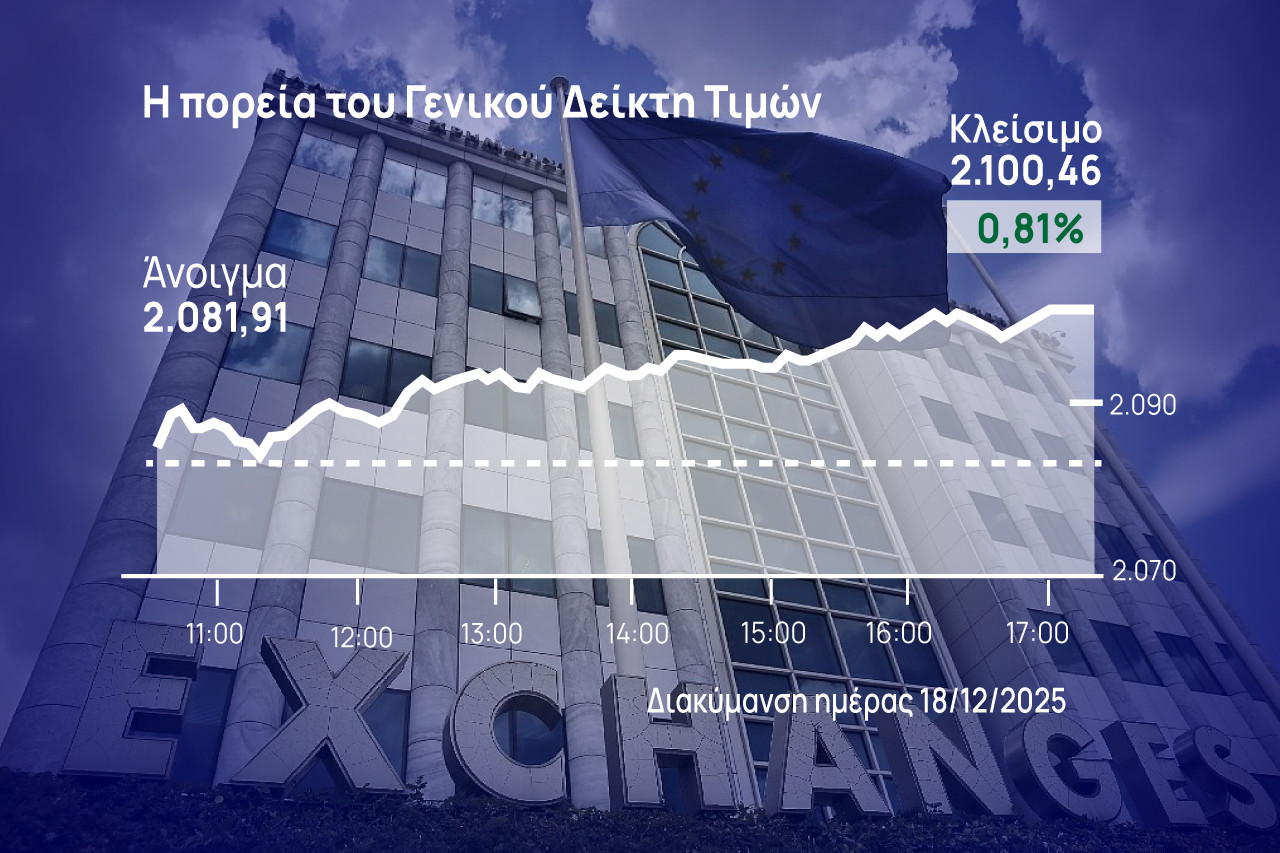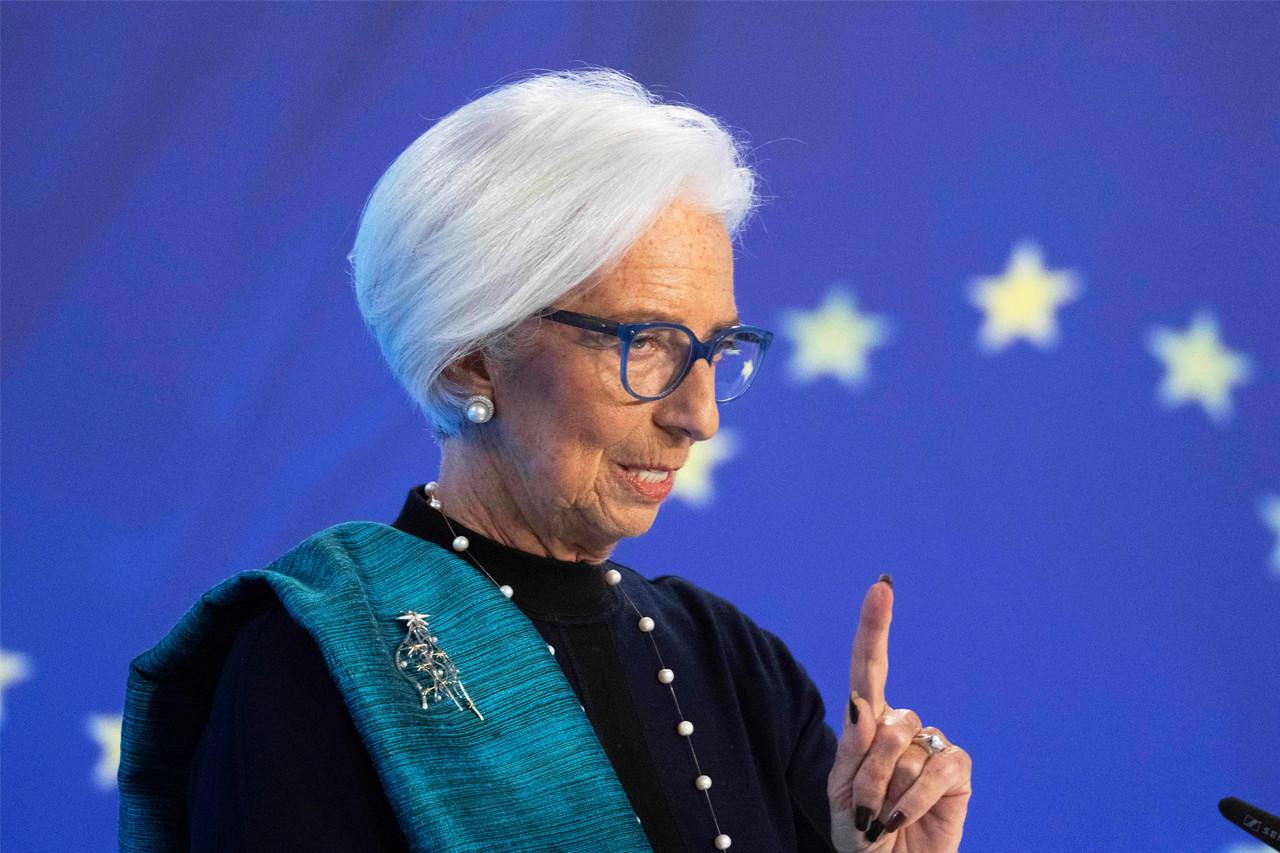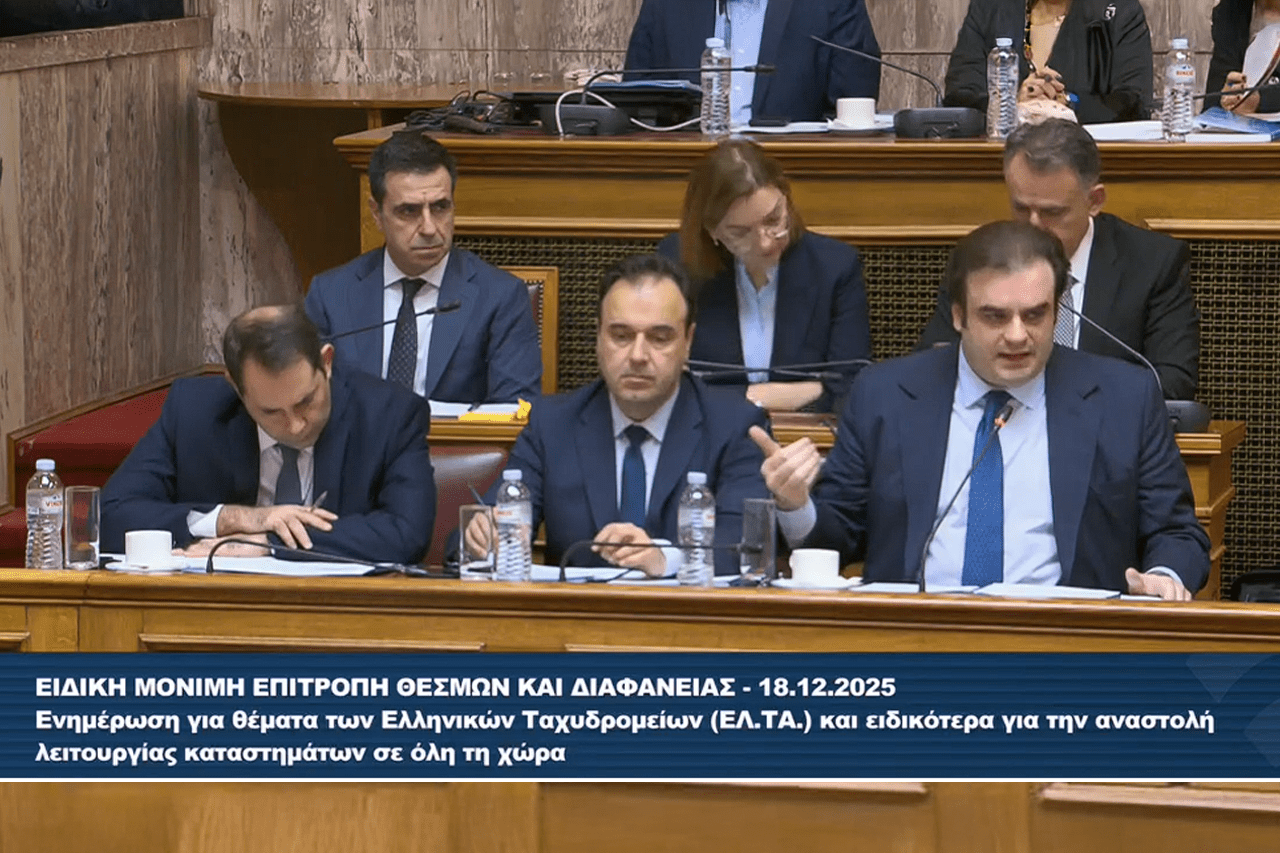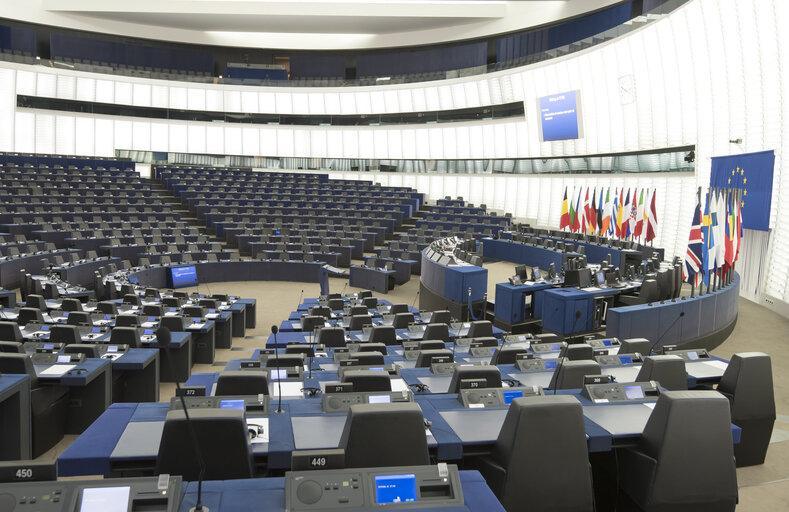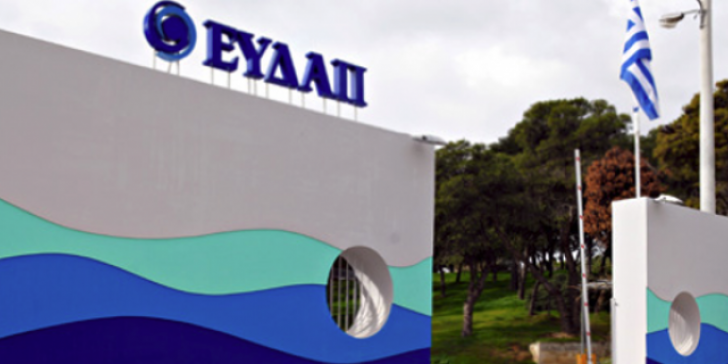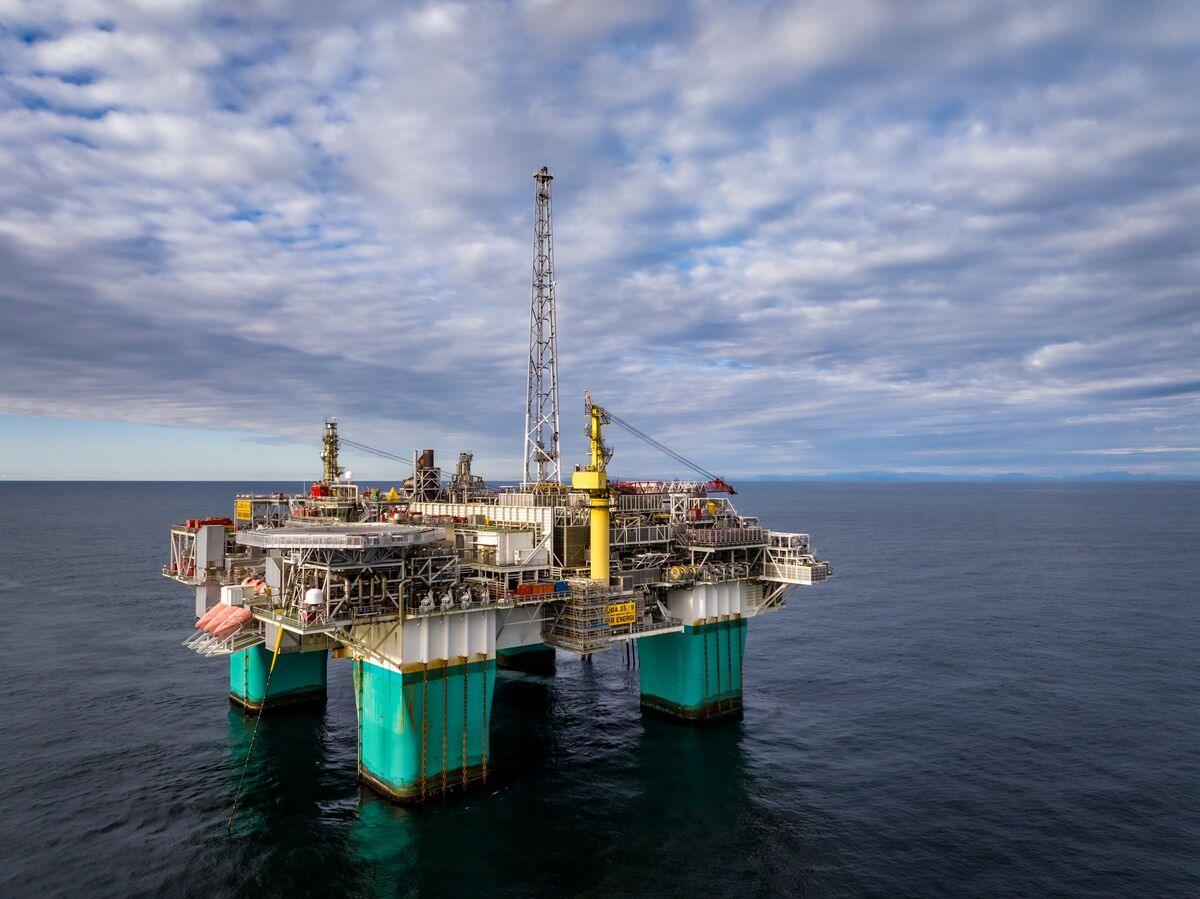Hikes in ferry ticket prices from 2023, when the European pollution trading system will enter into force for shipping, is foreseen based on nightmarish scenarios circulating in Greek shipping circles. However, the islanders first and foremost and the tourists secondarily will not have to wait until then as from this year and if the rally in the oil market continues, new increases in the prices of ferry tickets are expected.
Already a first increase was made by many shipping companies last November while only recently the surcharge was initiated by some companies. Others also increased freight rates for trucks. The reason is the constant upward trend in fuel prices.
According to data available to “NEA” newspaper, the average price in the first days of February for low-sulfur fuels was at the level of 693 euros per ton, when last year in the same month it was around 413 euros. In other words, this is an increase of 68%. A rally is also observed in MGO, the other fuel used mainly by speedboats. Its price rose to 749 euros from just 309 euros last February (a 75% increase).
Speaking to “NEA”, ferry circles note that if the upward trends continue, then in the summer passengers will be faced with new price increases in the tickets as the ferry lines are not making ends meet. The same factors point out that fare increases mainly affect the cost of handling passengers and transporting cargo, making the islands an even more “expensive affair” for their residents and tourists. However, it seems that this development has not been fully understood by the competent Ministry of Shipping.
Environmental challenges
The problem, however, is that coastal shipping may face new increases in fuel costs from 2023, regardless of the course of international fuels. This is because from next year, shipping will be part of the EU emissions trading system. Like shipping as a whole, the coastal ship will have to buy rights for 30% of the emissions it emits in the first year, until it gradually rises to 100%. What this means is very clear from the following example which is theoretical but very close to reality.
According to the EU proposals for the gradual integration of shipping in the pollution trading system, from 1/1/2023 the ship will have to buy rights for 30% of the pollutants it emits. Experts note that one ton of oil emits about three tons of carbon dioxide (CO2). This means that a company that consumes for example 300,000 tons per year in oil has 1 million tons of CO2 emissions. For 30% of these, ie 300,000 tons, it will buy rights which currently cost 100 euros per ton, so it will pay 30 million euros on an annual basis.
This is a high amount that will be required to be paid by the user of the services, ie either the passenger or the State if the ship serves the so-called barren lines, as the State is the charterer.
In any case, agents representing small and medium-sized shipping companies say the industry is facing new environmental challenges and the State needs to address the problem as soon as possible. The reason is very simple as they explain. If the shipping companies are slow to adapt to the new data, their fleet will be devalued with the result that the assets (ships) lose value and they themselves weaken financially.
“At another price an older ship will be sold today to acquire a more modern one, at another price after two or three years” they explain and emphasize that the solution is to include coastal shipping, as soon as possible, in the provisions of the Fund Recovery, sending a message to the Deputy Minister of Finance Thodoris Skylakakis and the Minister of Energy Costas Skrekas as the competent ministers.
